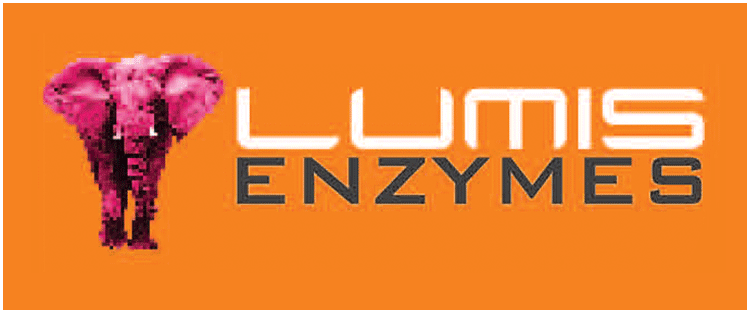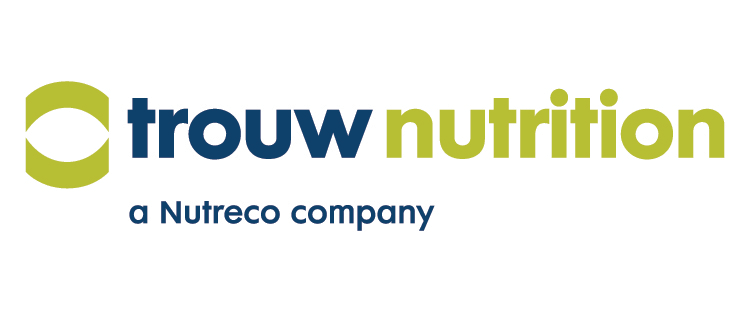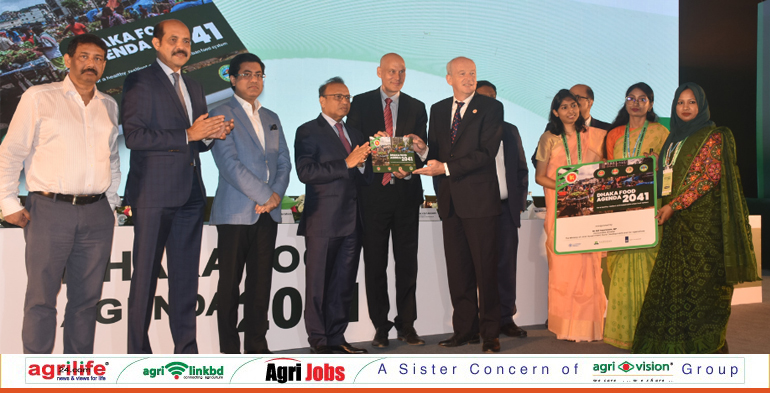
Agrilife24.com: The Dhaka Food Agenda 2041–a visionary document which sets a vision for how to meet the challenge of providing the city’s residents with sufficient, safe, nutritious, and sustainably-sourced food was launched today.
The Minister of Local Government, Rural Development, and Co-operatives (MoLGRD&C), Md Tazul Islam, MP, was the chief guest at the launch ceremony which was organized by the Local Government Division of MoLGRD&C, and the Food and Agriculture Organization of the United Nations (FAO).
Just like many other cities around the world, the greater Dhaka area formed of the four city corporations of Dhaka South, Dhaka North, Narayanganj, and Gazipur is expanding. Now home to more than 20 million people, Dhaka’s rapid growth has left an increasing mismatch between food needs and what food certain populations can afford and readily access.
One-fifth of Dhaka's residents live below the poverty line and have inadequate nutrition. Many more face food insecurity and safety issues. At the same time, there is a wider triple burden of overweight and obesity, under-nutrition, and micronutrient deficiencies.
Confronted with these challenge, more than 100 partners came together to develop the Dhaka Food Agenda 2041 which sets a path for how everybody who lives in the city – young and old, rich and poor – can buy affordable, quality nutritious food that is produced sustainably.
FAO supported the development of the Dhaka Food Agenda 2041 through the Dhaka Food System project, funded by the Embassy of the Kingdom of Netherlands (EKN). Further technical support was provided by Wageningen University & Research (WUR) in the Netherlands. His Excellency, Anne van Leeuwen, Ambassador of the Embassy of the Kingdom of the Netherlands to Bangladesh, was guest of honour at the launch.
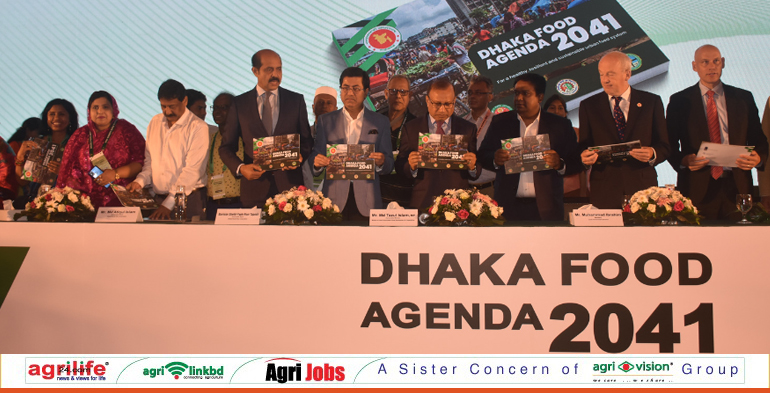
FAO Representative Robert D. Simpson said: “With some 20 million people living in the greater Dhaka area, it’s important to get it right, for the sake of people’s health and for the planet. There’s also an opportunity here for Dhaka to set an example for other cities in Bangladesh, and internationally, with a new joined-up approach that meets current challenges and looks to the future.”
The launch, which was held at the Bangabandhu International Conference Center, was chaired by Muhammad Ibrahim, Secretary of the Local Government Division. The city corporation mayors were special guests: Barrister Sheikh Fazle Noor Taposh (Dhaka South) and Md Atiqul Islam (Dhaka North).
The Dhaka Food Agenda 2041 is based on a food systems approach. Food systems are the public policy decisions, the national and global systems and supply chains, and the individuals and groups that influence what we eat. They are important because what we eat is one of the biggest drivers of health and well-being, and food systems – including production, processing, supply chains, and waste management – have an enormous impact on our planet.
The document, which will support policymaking and urban planning, is aligned with the United Nations Food Systems Summit National Pathway and complements policies, plans, and goals set by the Government of Bangladesh, notably the Perspective Plan of Bangladesh 2021-2041. More than 100 organizations were involved in developing it, including government ministries and departments, the private sector, development partners, research institutions, NGOs and academia.
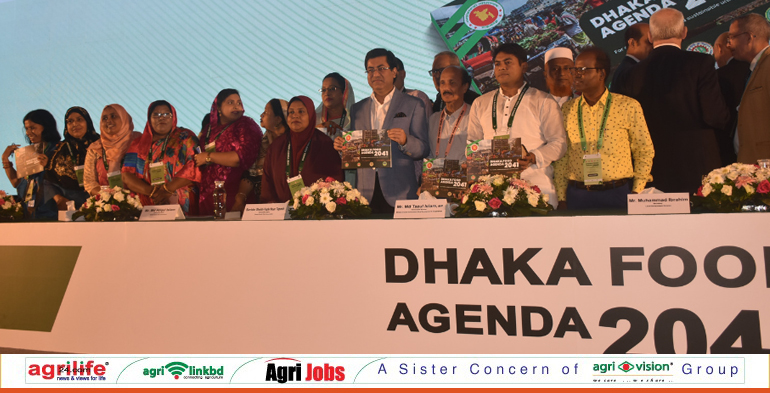
In support of the Dhaka Food Agenda, FAO’s Dhaka Food System project has established city working groups and formulated ‘food charters’ for each of the corporations in order to integrate food into urban planning. The project has upgraded fresh markets, established farmers’ markets, and promoted food safety, healthy diets, and urban agriculture.
The project’s Senior Technical Adviser, Xavier Bouan said: “We are proud to have brought so many contributors together to produce this innovative and important document that has the power to shape Dhaka’s food future, potentially influencing what millions of people eat. We trust that is will stimulate positive, forward-thinking decision-making and policy formulation.”






